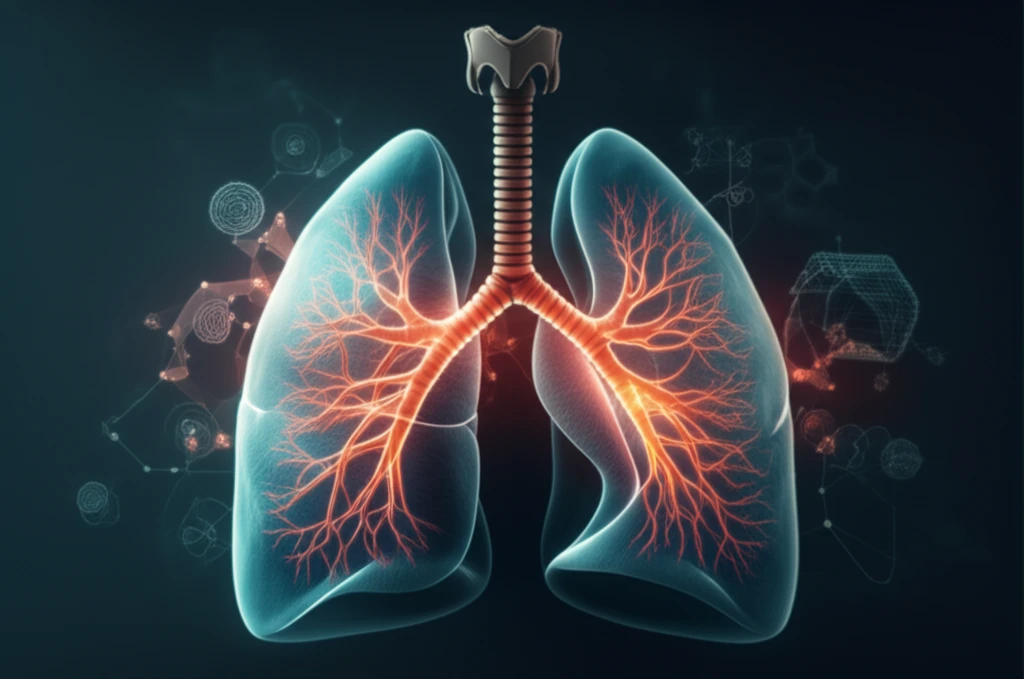
Lung Transplant Breakthroughs: New Hope for Cystic Fibrosis and Post-Transplant Pneumonia
"Groundbreaking research unveils advancements in lung transplantation, offering improved outcomes and insights into tackling critical complications."
Lung transplantation is a life-saving procedure, offering a second chance at life for individuals with severe lung diseases. However, the journey doesn't end with the surgery. Post-transplant complications, such as infections and graft dysfunction, can significantly impact outcomes. Recent research has shed new light on these challenges, providing hope for improved survival rates and a better quality of life for transplant recipients.
This article explores two key areas of recent research: the impact of antibiotic resistance in patients with cystic fibrosis (CF) undergoing lung transplantation and the risk factors associated with post-operative pneumonia after heart transplantation. These studies offer valuable insights into managing these complications and optimizing patient care.
By examining these findings, we aim to provide a clear understanding of the latest advancements in lung transplantation. We aim to empower patients, families, and healthcare professionals with the knowledge to navigate the complexities of lung transplantation and make informed decisions.
Unraveling the Complexities: Antibiotic Resistance, Candida Colonization, and Post-Transplant Outcomes

One significant challenge in lung transplantation is managing complications, particularly in patients with underlying conditions. This research focuses on two critical areas: Addressing antibiotic resistance in Cystic Fibrosis patients and tackling post-operative pneumonia. By examining these specific areas, doctors can greatly improve patient outcomes. These studies emphasize the importance of early intervention and personalized treatment strategies.
- Improved Graft Survival: Patients colonized with Achromobacter prior to transplantation experienced better graft survival rates.
- Candida's Role: Colonization with Candida at the time of transplant was associated with a higher risk of PGD-3, particularly in single-lung transplants.
- Pneumonia Risks: Post-operative pneumonia after heart transplantation was linked to factors like mechanical ventilation and blood transfusions, impacting mortality rates.
A Brighter Future for Lung Transplant Recipients
The advancements in lung transplantation research offer a beacon of hope for individuals facing life-threatening lung conditions. By understanding the impact of antibiotic resistance, the role of Candida colonization, and the risk factors for post-operative pneumonia, healthcare professionals can improve patient outcomes. These studies pave the way for more personalized and effective treatment strategies, ultimately leading to a brighter future for lung transplant recipients.
